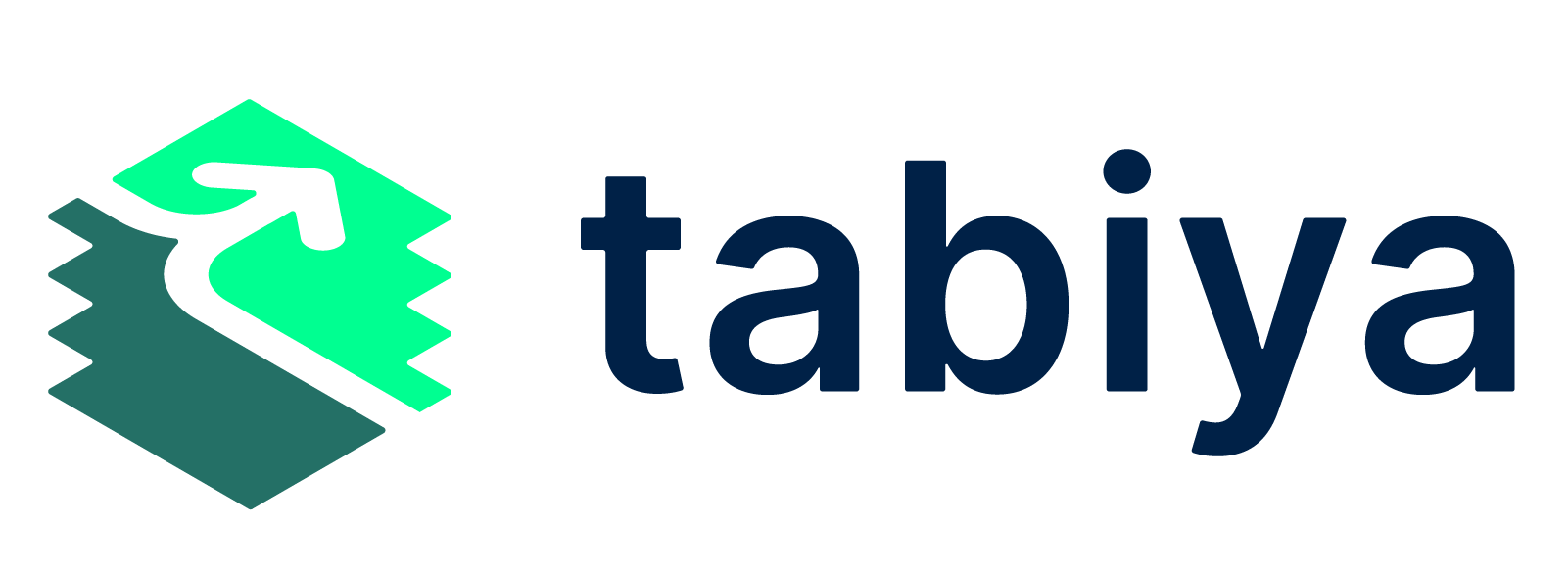Compass by Tabiya
GenAI Enabled Skills Exploration An open-source solution that empowers organizations to provide personalized guidance to jobseekers at scale.
Features
Key capabilities of Compass
Open Source, Interoperable, Standard Compliant
Designed as a white-label solution for partner organizations, built on open standards (e.g., GovStack) for seamless integration and collaborative improvement.
Responsible, Safe, Transparent
Ensures transparency with AI recommendations guided by a human-vetted skills taxonomy, serving as guardrails for ethical and accountable career guidance.
Guides Jobseekers to the Best Opportunities
Matches individual skills and experiences with suitable career paths and job openings. Guides jobseekers with empathy.
Skills over Credentials
Recognizes and values diverse skills, including those gained through informal experiences and non-traditional pathways.
Multiple Languages (Coming Soon)
Planning to expand language support to French, Arabic, and local languages from the diverse communities we serve.
Voice (Coming Soon)
Introducing voice-based interactions for improved accessibility and user-friendly experience.
Impacts We Are Watching For
Deploy Compass to Users
300,000 youth reached through partners in 6 months.
Increased Incomes
10% income increase on average per month 6 month after use.
Improved Job Matches
20 percentage point increase in sustained job placements 6 months after using Compass.
Increased Scale
20 million youth across 70 countries reached in next 3 years.
Frequently Asked Questions
Further background and more detailed information about Compass.
What is Compass and how does it work?
Compass is an AI-powered conversational tool that acts as a digital career counselor. It uses a large language model (LLM) and retrieval augmented generation (RAG) to engage jobseekers in a dialogue about their experiences. By referencing a human-vetted skills taxonomy, Compass identifies and articulates skills from various backgrounds, including informal and unpaid work. The AI interprets responses, maps skills to our inclusive taxonomy, and generates a comprehensive skills report and CV. This process helps jobseekers better understand and present their capabilities, potentially matching them with suitable job opportunities when integrated with vacancy data. At the end of the conversation, users can download and store their personalized skills report and CV.
What is Tabiya?
Tabiya is a non-profit building open-source digital public goods for the youth employment ecosystem in low- and middle-income countries. We want to create labor markets where all talent can thrive by emphasizing skills over credentials. Tabiya's first set of tools connect demand and supply in the labor market. We want to create labor markets where all talent can thrive by emphasizing skills over credentials. Our solutions bring to light skills from informal and traditionally 'unseen' activities such as care work. Our global team from 10 countries across four continents combines engineering talent, deep academic research, and real-world policy experience in supporting youth-centered NGOs and government agencies.
Why does this matter?
Youth unemployment is a major global challenge. Today, 260 million of the 1.2 billion youth worldwide are not in employment, education, or training, with 2 in 3 being women. A diverse range of public and private organizations supports young people seeking work. While technology could be part of the solution, current tools often fall short, leaving many without options tailored to their specific needs.
Who can use Compass?
Our partners include government employment services, NGOs, and job matching platforms. They use our public goods as building blocks to develop their own solutions for job matching, labor market information systems, counseling, training, and more. Tabiya currently works with partners in five countries that reach >5 million youth.
What makes Compass different from similar tools?
Compass stands out through its open-source, interoperable design and focus on inclusive skills recognition, particularly valuing informal and non-traditional experiences. Unlike proprietary tools, it's freely customizable and aligned with international standards for digital public goods, making it ideal for government and non-profit use. Its transparency-focused approach, using a human-vetted taxonomy as AI guardrails, ensures ethical operation. Developed from academic research on low- and middle-income country labor markets, Compass offers a unique, equitable solution for scalable career guidance in diverse economic contexts.
How does Compass recognize skills from informal or non-traditional experiences?
Compass recognizes skills from informal and non-traditional experiences through its inclusive skills taxonomy. This taxonomy expands beyond conventional frameworks to encompass skills developed through unpaid work, volunteering, and household activities. Compass engages users in a dialogue about their diverse life experiences, mapping activities from the 'unseen economy' to relevant, transferable skills. This approach helps surface skills that might otherwise go unrecognized, particularly benefiting women engaged in unpaid care work and young people with limited formal work experience. By bridging the gap between informal experiences and recognized skills, Compass creates more equitable pathways to employment opportunities.
What kind of support does Tabiya offer for organizations implementing Compass?
Tabiya is currently focused on developing the first public version of Compass, which we will test with selected strategic partners. If your are interested in being part of this early adoption phase, would love to hear from you. Looking ahead, we are building a network of authorized partners to provide localized support and customization.
How do you measure the impacts of Compass?
With our roots in academia, we are committed to rigorously measuring Compass's impact. We're currently designing a randomized control trial to evaluate how Compass affects job search behavior, placements, the quality of job matches, and broader impacts on personal well-being and income. We're particularly interested in understanding how Compass might reduce existing inequalities in the labor market.

